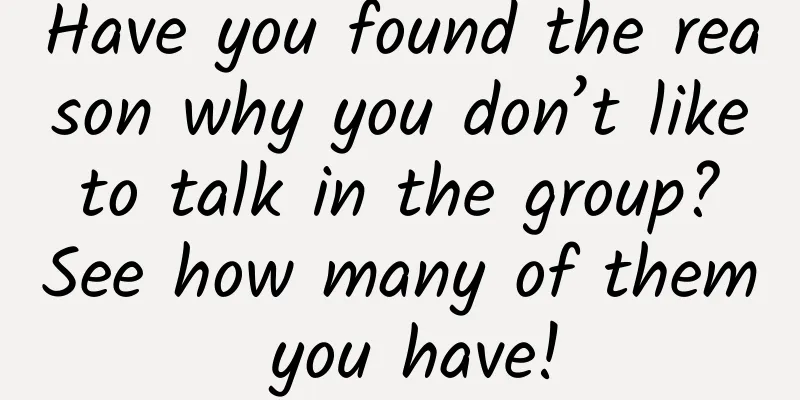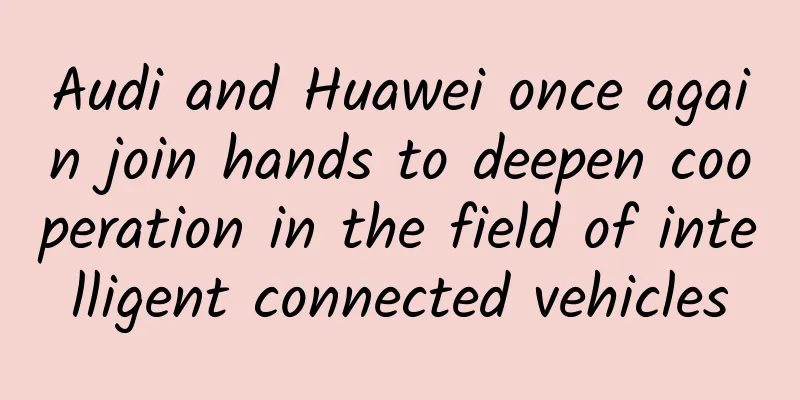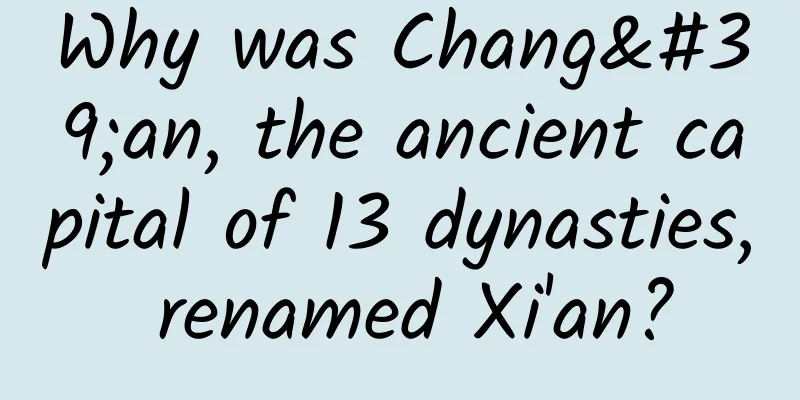Have you found the reason why you don’t like to talk in the group? See how many of them you have!

|
Do you like to speak in the group? (If you don’t like to speak, then you are a good friend of BoLanEr…) We also see that some friends are "lurkers" in some groups, but are "atmosphere group leaders" or "funny group leaders" in other groups; there are also some friends who are keen on watching group dynamics and love to grab group red envelopes, but do not like to speak in them, which is also called "screen peeping". What psychological activities are hidden behind "lurking" and "screen peeking"? Why do group chats always give people a headache? Today we will discuss it from the perspective of social psychology ~ Part 1 Reason 1: Worrying about negative feedback from others As a form of group communication, group chat is sometimes as difficult as public speaking. The process of group speaking is also a process of individual impression management. Impression management refers to the process by which people try to manage and control the impressions that others have of them. Usually, people tend to present themselves in an image that matches the current social situation or interpersonal background to ensure that others make a favorable evaluation of them. In social interactions, understanding others' perceptions and cognitions of us and creating a positive image that is beneficial to us based on this will help us better interact with others; but at the same time, excessive attention to impression management may also make our behavior too dependent on the opinions of others and too passive. In this situation, the attention that speech draws from others may cause the speaker to have two kinds of concerns. One is the embarrassment of not getting a response or attention from others, which makes the atmosphere dull. The other is the potential negative feedback or negative evaluation that may come from inappropriate speech caused by one 's own public expression. The above two situations are not conducive to the speaker's impression management in the group, especially when the familiarity between group members is low. In order to avoid this worry, many friends will not choose to speak easily, and control possible problems from the source. At the same time, these concerns will also bring certain negative emotions to the speaker, the most typical of which are anxiety before speaking and fear of speaking in public . There are three possible reasons: (1) The speaker is introverted and shy, and has difficulty expressing himself. This is common among people with social phobia, and typical symptoms include wandering eyes, blushing, shrugging shoulders, and fidgeting in social situations. (2) The speaker lacks confidence and has low self-esteem. In other words, these people are unwilling to believe in their own self-worth, tend to think the worst of things, and are not willing to make efforts to change. These people are more likely to be overly sensitive to interpersonal relationships and society. (3) Past negative feedback. From a behaviorist perspective, previous feedback will shape an individual’s future behavior. Previous unpleasant experiences in similar situations, or the lack of positive feedback and support from others, will exacerbate an individual’s fear and fear of future actions. For example, “Everyone was having a great time chatting in the group before, and I finally mustered up the courage to add a few personal opinions, but after I finished speaking, the atmosphere immediately cooled down and the group became silent.” This speaker may find it even more difficult to speak next time. The behaviorist school of psychology believes that behavior is a combination of various physical reactions that organisms use to adapt to environmental changes, and the core is "SR" (stimulus-response). In other words, our behavior is shaped by previous stimuli, and the behavioral response depends on the content and intensity of the stimulus. Positive feedback (rewards) helps promote the behavior to occur again, while negative feedback (no positive feedback or punishment) can reduce the probability of the behavior occurring in the future. In response to the above situation, speakers can improve their confidence and self-esteem through deliberate practice, seek support from opinions, and motivate themselves through good feedback, thereby reducing the stress response and negative emotions caused by expressing opinions publicly, thereby enabling them to better express themselves in public. Reason 2: Bystander Effect and Free-Rider Behavior Online group chat, as a form of group communication, is characterized by dispersed responsibility, weak immediacy, unclear direction, and loose relationship between sender and receiver. At this time, the bystander effect is likely to occur . The so-called "bystander effect" is also known as the diffusion of responsibility effect, which means that for a certain matter, if a single individual is asked to complete a task alone, he or she will have a strong sense of responsibility and will respond positively. However, if a group is asked to complete a task together, the sense of responsibility of each individual in the group will be weak, and they will often retreat when faced with difficulties or responsibilities. When the task falls on one person, we often have to take responsibility; but when the task is directed to a group of people, we tend to expect others to accomplish more. For example, the leader sent a notification in the group, and no one responded. Everyone might be thinking: No one else responded, so I don’t need to respond either. (Don’t guess, am I talking about you?) On the other hand, group members may also engage in "free riding" behavior. The so-called free riding refers to the behavior of speculators in group activities with the hope that "even if I don't do it, someone else will do it." Back to the above case, the leader posted a task in the group, and no one responded. Everyone may also think: someone will always respond, so I don't have to respond. From another perspective, we actually have a tacit consensus in online communication - if others really have urgent matters, they may send private messages or @ relevant personnel. If they just send group messages, the group will assume that the message has not been seen, and it is harmless even if there is no reply. Part 3 Reason 3: Disagree with the content in the group This kind of situation is most likely to happen in the "loving family" or "happy family" family groups that each of us has. When the elders forward content about lucky draws, health preservation, and cutting a knife, we usually do not pay attention to or agree with it, but considering the harmony of the family, we often do not directly resist. When we lack identification with the content or even the group in the group chat , we are more likely to reject it and find it difficult to integrate into it. Especially when we fail again and again after popularizing knowledge to parents, our desire to express ourselves will be strongly suppressed over time. Gradually, the elders in the group are still enthusiastically sharing with each other, while we are exhausted and unable to correct them, or even give up complaining and surrender directly. Group identity refers to the fact that group members take the group's goals, norms, and behaviors as their own goals and behavioral standards. The degree to which this is achieved determines the group's cohesion and morale. This type of group can be formed naturally by blood or region, such as family or clan; it can also be formed naturally by ideas and propositions, such as feminists and environmentalists. Among them, whether the group's goals are clear and appropriate, whether the group has a "core" figure, the degree to which the needs of group members are met, and whether the way to resolve conflicts within the group is appropriate will all affect group identity. If the above factors are not met, group members may lack a sense of identity with their group; when they neither identify with nor can they leave the group, they will also show attitudes or behaviors such as "out-group preference" and "in-group devaluation". Part 4 Reason 4: No need to express group content This type of situation is relatively simple and is common in some functional groups. For example, community groups are mostly used by neighborhood committees to notify information, and group chats between group members can easily bury important information from the neighborhood committee. Based on the principle of maximizing information transmission , we will instinctively choose not to say irrelevant words and not to interfere with others' information reception and transmission. Compared with the above situation, this kind of "silence" is positive feedback, which ensures the maximum effect of message transmission. Part.5 Reason 5: Information Explosion Theoretically, every member can be embedded in countless groups at the same time. We have different identities in different group chats. We may be leaders, students, friends, children, etc., so we also need to constantly change our identity, tone and ideas in group chat replies. This infinite embeddedness greatly increases the user's information flow, but too much information will increase the user's cognitive resource loss . When the user's resource loss is too large and is not replenished in time - for example, seeing a bunch of group messages when getting home from work after a day - the user's willingness to reply will be lower, and they will be more willing to give a "read, no reply" response. Ego depletion theory holds that resources are essential for the self's executive functions (including self-control, prudent choices, and proactive behavior). However, people's cognitive resources are limited, and they can only exercise self-control a limited number of times in the short term. When resources are insufficient, there will be a temporary decline in the ability or willingness of the self to carry out volitional activities, including a decline in the ability or willingness to control the environment, control the self, make decisions, and initiate behavior. Part 6 Conclusion Finally, I wish everyone can save cognitive resources in online communication, achieve effective communication, and avoid being delayed in meaningless chats; at the same time, "take action when it is time to take action", be brave to take responsibility, and not lose the opportunity to actively communicate and show yourself due to timidity or anxiety. By the way, what is the reason why you are unwilling to leave a comment under the Expo tweets? Author: Qi Shuting Source: "Science Academy" official account Please indicate the source of the public account when reprinting |
<<: Look, there really is “rich gold” in the fossils!
>>: Why does hiccups get better if you get startled?
Recommend
International Day for Biological Diversity丨Sky! Giant! Spirit!
May 22 is International Day for Biological Divers...
The right bank of the Irtysh River: the colorful hill
Most of the rivers in Xinjiang are inland rivers,...
Why has the Japanese electronics industry, which once dominated the world, lost its legend after Walkman, and has no more star products?
In the 1970s, the Japanese government implemented...
The process and methods of building an activity operation plan!
If you want to obtain more traffic and promote su...
Depression makes you exhausted? Change your perspective and light up your life again!
Depression is a common and serious mental health ...
How much is the CBA championship prize money? How much prize money does the Guangdong team, the ten-time CBA champion, get?
As the fourth quarter of the third game of the fi...
About to be "launched", what happened to the United Launch Alliance?
Recently, according to foreign media reports, the...
How to challenge Apple? Huawei Honor 6 Plus first experience
Apple released the iPhone 6 Plus, and Honor broug...
2022 Nobel Prize in Physics: Indecision, quantum mechanics, the magician of the microscopic world
The 2022 Nobel Prize in Physics was announced at ...
What is this saltwater fish that has a strange appearance, a difficult name to write, and is difficult to tell male from female?
The brindle fish, commonly known as "butterf...
Are you still worried about your body shape? Look at how others have resisted the mass extinction by relying on their extra flesh!
Produced by: Science Popularization China Author:...
Tik Tok funny video editing tutorial, easily edit popular videos in two hours a day
Tik Tok funny video editing tutorial, easily edit...
Promotion Classroom | Baidu Information Flow Advertising Optimization Tips Sharing
1. What is information flow advertising ? TA is a...
Basic knowledge points you must know about App operation and promotion!
For most apps, more than 50% of their traffic come...









![[Cultivation Program] In the hot summer, insects have a "cool way" to escape the heat](/upload/images/67f2644aac0e8.webp)